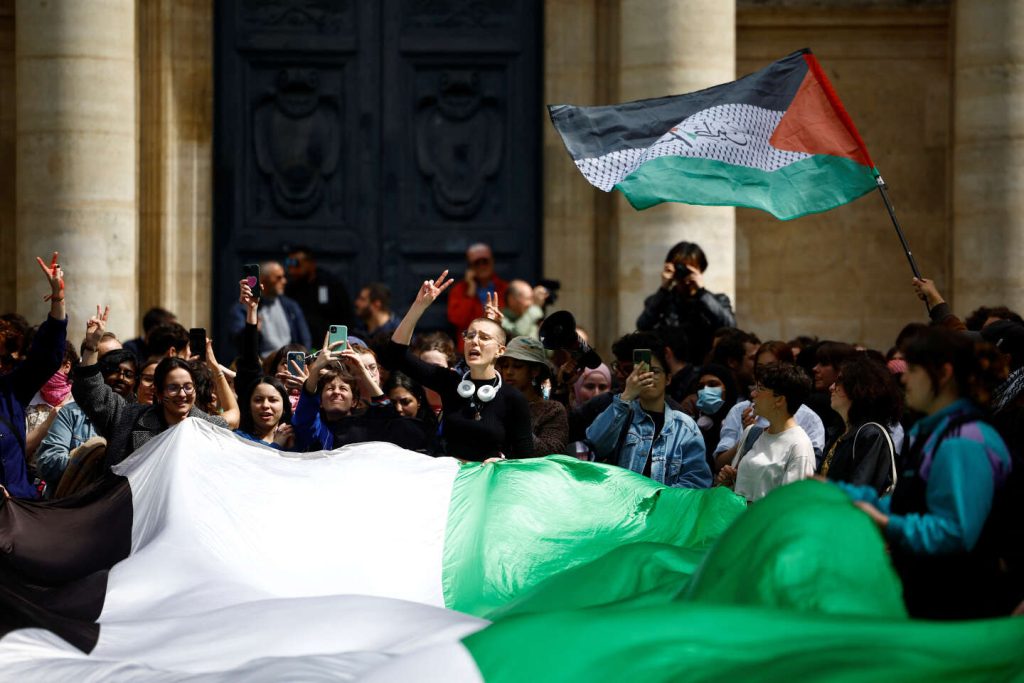The youth is often criticized for their political apathy, but their protests against the Israeli army’s bombing in Gaza, which has killed thousands of Palestinian civilians, are legitimate. These movements may evoke student revolts of the 1960s-1970s against the Vietnam War or the apartheid regime in South Africa, but the situations are not directly comparable. The conflict in the Middle East is highly sensitive, and every word and action can be seen as an aggression or disrespect towards the other side’s history and suffering. While accusations of anti-Semitism can be manipulated by Israeli Prime Minister Benjamin Netanyahu to quell legitimate opposition, expressions of hate towards Jews in protests are unacceptable.
Freedom of assembly and expression must be defended, but intolerable actions should not be condoned. It is unacceptable for Jewish students to feel uncomfortable or unsafe in French or American universities due to their identity, regardless of their stance on the conflict. The central role of the United States in the war in Gaza makes them a target for direct criticism. French leader Jean-Luc Mélenchon’s support for student uprisings and exacerbating tensions between Jewish and Arab communities calls into question his sense of responsibility and ability to unite the left.
Universities should be places of reasoned dialogue, but reducing complex situations to slogans only hinders respectful debate. Repressing genuinely upset students may fuel radicalization and play into the hands of those who benefit from it. The situation in Gaza is tragic, and it is essential to approach it with nuance and care. While legitimate criticism of Israeli policies is valid, hateful expressions towards any group are unacceptable and counterproductive.
The complexities of the Middle East conflict and the sensitive nature of the issues involved require a thoughtful and respectful approach. It is crucial for leaders and activists to consider the impact of their words and actions on all sides, and to strive for constructive dialogue instead of fueling tensions. Ultimately, finding peaceful and just solutions to the conflicts in the region will require understanding, empathy, and a commitment to human rights for all affected parties.


